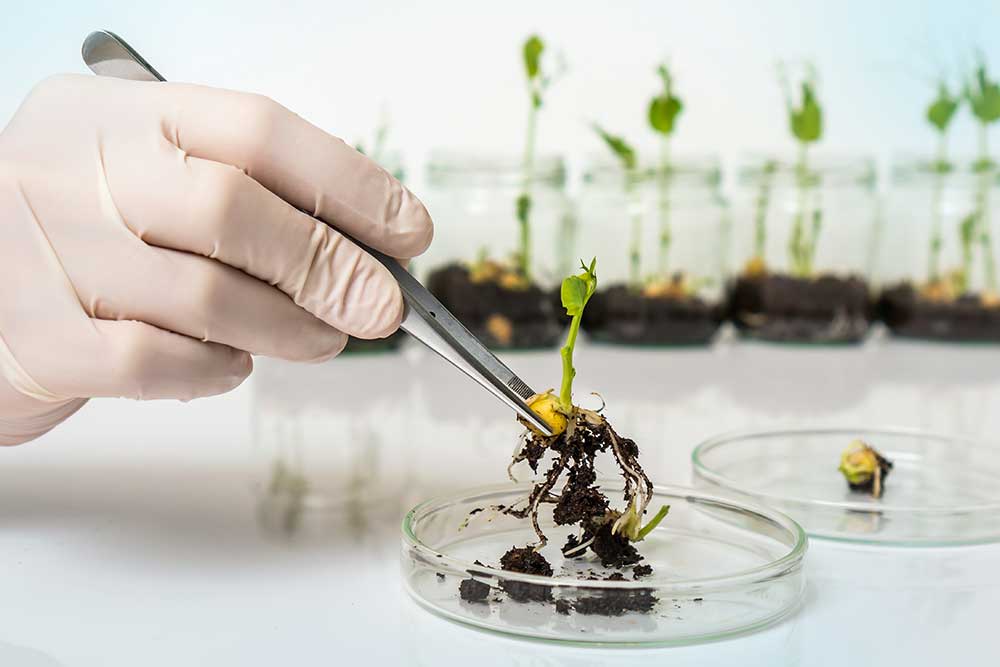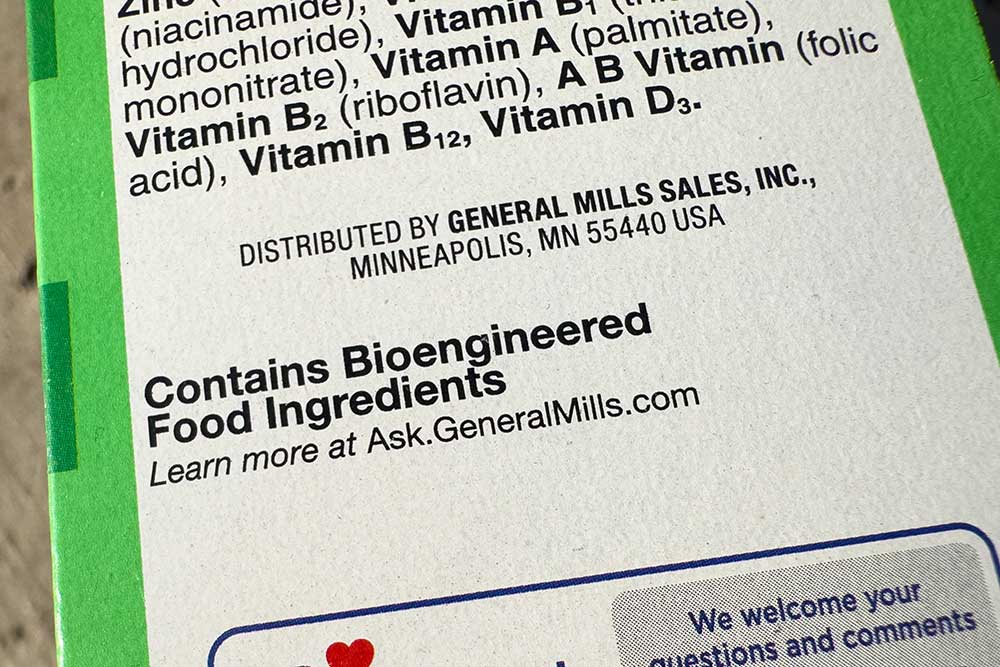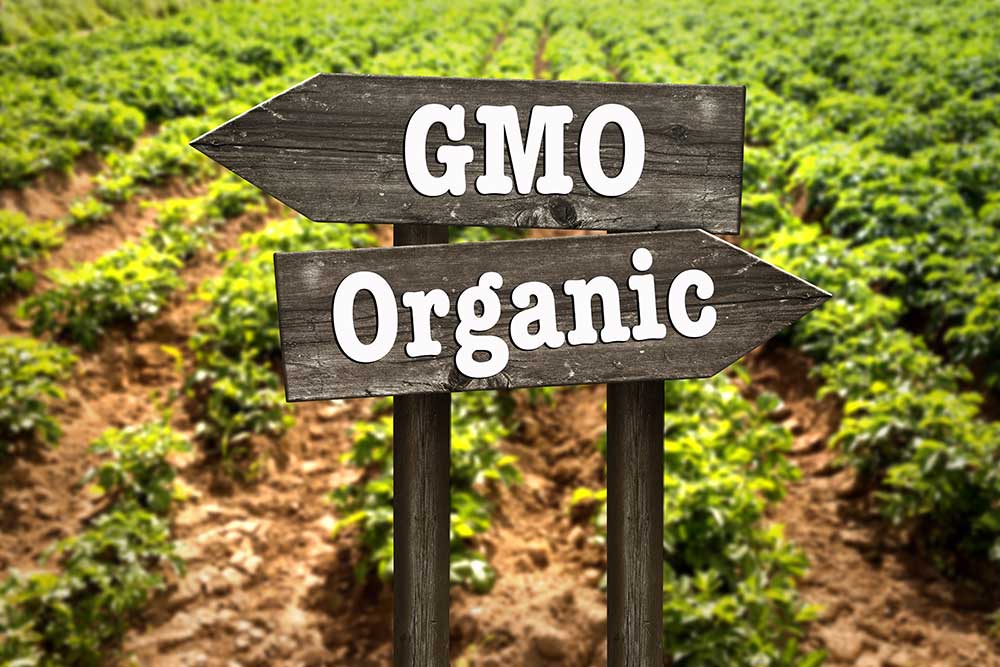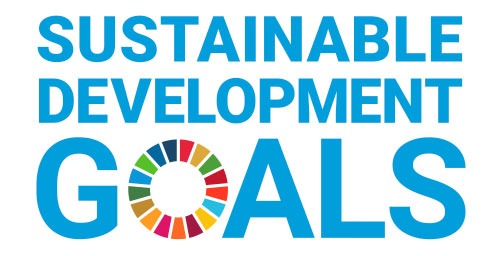Bioengineered Foods – Beneficial or Detrimental to Humans

‘Bioengineered’ is the newest terminology used to describe genetically modified foods (GMO’s). According to Wikipedia, “Genetically modified foods (GM foods), also known as genetically engineered foods (GE foods), or bioengineered foods are foods produced from organisms that have had changes introduced into their DNA using various methods of genetic engineering.”(1)
The move by the Food and Drug Administration (FDA) and food companies to change the terminology and ingredient listings of Genetically Modified Organisms (GMOs) to ‘bioengineered foods’ is a significant development in the food industry. (2) This article delves into the reasons behind this shift, the implications for consumers, and the reactions from various stakeholders, including scientists, consumer advocacy groups, and the food industry. We will incorporate quotes from reputable sources to provide a well-rounded perspective on this topic.
Introduction
The term GMO has long been associated with negative public perception. There are valid reasons for this, as there have been cause and effect connections including the development of food allergies and intolerances in people who consume GMO foods. However, as with the use of glyphosate, it has proven tougher to ‘prove’ these consequences as the balance of power and finances resides in the large companies rather than the affected individuals. In short, money and influence often have much louder voices.
Not all consumers are easily duped, though. Hence the rapid rise of the non-GMO project. This certification and movement were making great strides but were then subsequently slowed by the enormous overnight push of the ‘plant-based’ movement. This diet trend was backed by some of the biggest money I have seen in my lifetime, as well as the enormous political sway of the backers. It was impressive, but not necessarily good for we consumers. There was an avalanche of monetary resources put towards pushing these resultant plant-based protein products (which had very long lists of ingredients and chemicals), and optimism was high for broad scale adoption.
Fast forward to now, and what was discovered was that although initial adoption was high, it wasn’t sustainable. What was forgotten at first, but is now again being remembered, is the consumer mistrust of man-made (GMO) foods. Most people prefer to eat foods that are made by nature. So, these companies have a problem: they need to lessen the negative perception that eating genetically modified food products doesn’t sound palatable or beneficial to the public.

After all, who wants to feel like they are now the ‘rat in the lab’ for the food companies?
To address this, the FDA and food companies are rebranding GMOs as ‘bioengineered foods’. This terminology change is not just cosmetic; it has deep implications for consumer perception, regulatory policies, and the food industry at large. In short, it allows for much more to be in our foods than even the GMO crops have. This is a growing problem with potential long-term problems.
Unsure about what I mean? Check out this article by Lindsey Johnson on the Non-GMO Project website to learn more: What is Bioengineered Food? (3) It is extremely enlightening.
The Genesis of the Change
The FDA’s role in regulating food labels is pivotal. A recent FDA statement indicated that the term ‘bioengineered’ is more scientifically accurate than GMO. (4) It also has a much softer tone to it. The agency argues that this change aligns with a global scientific consensus on the safety of genetically engineered food. Interesting?
A report from the Center for Food Safety criticizes this move, suggesting that it’s a response to industry lobbying. (5) There is, after all, a significant amount of money going towards convincing us all that this is the only way the earth, and us, survive. The report highlights that major food corporations have long sought to diminish the stigma associated with GMOs through marketing and linguistic strategies. This begs the questions; Why are we being sold something that is contrary to nature? And …, why are we buying it with no outcry?
Legislative Background, Marketing and Linguistic Strategies
The National Bioengineered Food Disclosure Standard, enacted in 2016, mandated the labeling of bioengineered foods. (6) This law was a compromise between consumer groups demanding transparency and food industry advocates who wanted to avoid the negative connotations of GMOs. If you do the research, what you find out may surprise you. There are many more loopholes in the new standards.
A survey by the Pew Research Center found that 49% of Americans believe GMO foods are worse for health. (7) This skepticism is partly fueled by a lack of understanding and partly by widespread misinformation. It is also skewed by the large amount of marketing claims and advertising.
According to a study in the Journal of Consumer Research, linguistic framing significantly impacts consumer perception. The term ‘bioengineered’ is seen as less threatening and more scientifically grounded than GMO, which could lead to greater consumer acceptance. This study also lends credence to the idea that it is all part of an indoctrination plan. (8)

Scientific Perspective
The American Association for the Advancement of Science has repeatedly stated that GMO foods are safe and beneficial for food security. (9) The World Health Organization concurs, stating that GMOs currently available on the international market have passed safety assessments. (10) However, according to the World Population Review,
“In the European Union the following countries have banned GMOS: France, Germany, Austria, Greece, Hungary, the Netherlands, Latvia, Lithuania, Luxembourg, Bulgaria, Poland, Denmark, Malta, Slovenia, Italy, and Croatia. In Africa, Algeria and Madagascar have banned GMOs, and in Asia, Turkey, Kyrgyzstan, Bhutan, and Saudi Arabia. Finally, in the Americas, Belize, Ecuador, Peru, and Venezuela have all banned GMOs. The United States has no official legislation banning GMOs.” (11)
However, scientists also emphasize the need for transparent communication. This is essential and frequently a missing part which fuels the feelings that there is something being hidden. An article in Nature Biotechnology argues that while rebranding to ‘bioengineered’ may reduce immediate skepticism, it shouldn’t come at the cost of transparency and consumer education. (12)
The market has seen an increase in non-GMO and organic products. Does this reflect consumer demand for natural food options, or is it just the newest trend for companies to make new products? I suggest that regardless of terminology, a significant segment of consumers remain cautious about genetic engineering in food.
Groups like the Non-GMO Project argue that changing terminology is an attempt to confuse consumers. They advocate for clear, straightforward labeling that allows consumers to make informed choices. (13) I agree with this. The new terminology and packaging standards allow for the term ‘contains bioengineered ingredients’ to be separately located from the ingredient lists. This isn’t right. If these ingredients are safe, why the mysterious labelling?
Intensifying efforts to educate/indoctrinate the public about bioengineered foods with the aim of demystify the science and address prevailing misconceptions will not be effective until the labelling discrepancies are addressed. People are not ignorant. Give the consumers the truth and then let them decide for themselves. To be transparent, there must be sources that have truth, not mere cleaver marketing and reliable data about the health concerns.
The shift from ‘GMO’ to ‘bioengineered’ in food labeling marks a significant turn in the ongoing debate over genetically engineered foods. While it may align with scientific perspectives, it also raises concerns about transparency and consumer rights. The full impact of this change will unfold over time, as consumers, industry players, and regulatory watch what plays out. As for you and me, each of us must decide for ourselves.
Sources
- Wikipedia definition of Genetically modified food.
- FDA Statement on Bioengineered Foods.
- What is Bioengineered Food? (Lindsey Johnson, Aug 26, 2021)
- FDA Statement on Bioengineered Foods.
- Center for Food Safety Report on Industry Influence.
- National Bioengineered Food Disclosure Standard.
- Pew Research Center Survey on GMO Perceptions.
- Journal of Consumer Research Study on Linguistic Framing.
- American Association for the Advancement of Science Statement on GMO Safety.
- World Health Organization Report on GMO Safety.
- World Population Review, Countries that Ban GMOs 2023
- Nature Biotechnology Article on Transparent Communication.
- Non-GMO Project Advocacy for Clear Labeling.

Written by Margie Traxler
Grain Free Mama’s is a FoodTech Consumer Product Goods company. We make gluten/grain/sugar free (Edible Grasses Free), dairy free and botanical nut free baking mixes that put the simple back into simply good for you. We also have educational resources to help you on your healthy eating journey. Margie, the Founder/CEO, received her B.S. in Biology from Portland State University. She has 22 years of experience as a successful Restaurant owner. She lives and operates her business in Henderson, Nevada.





